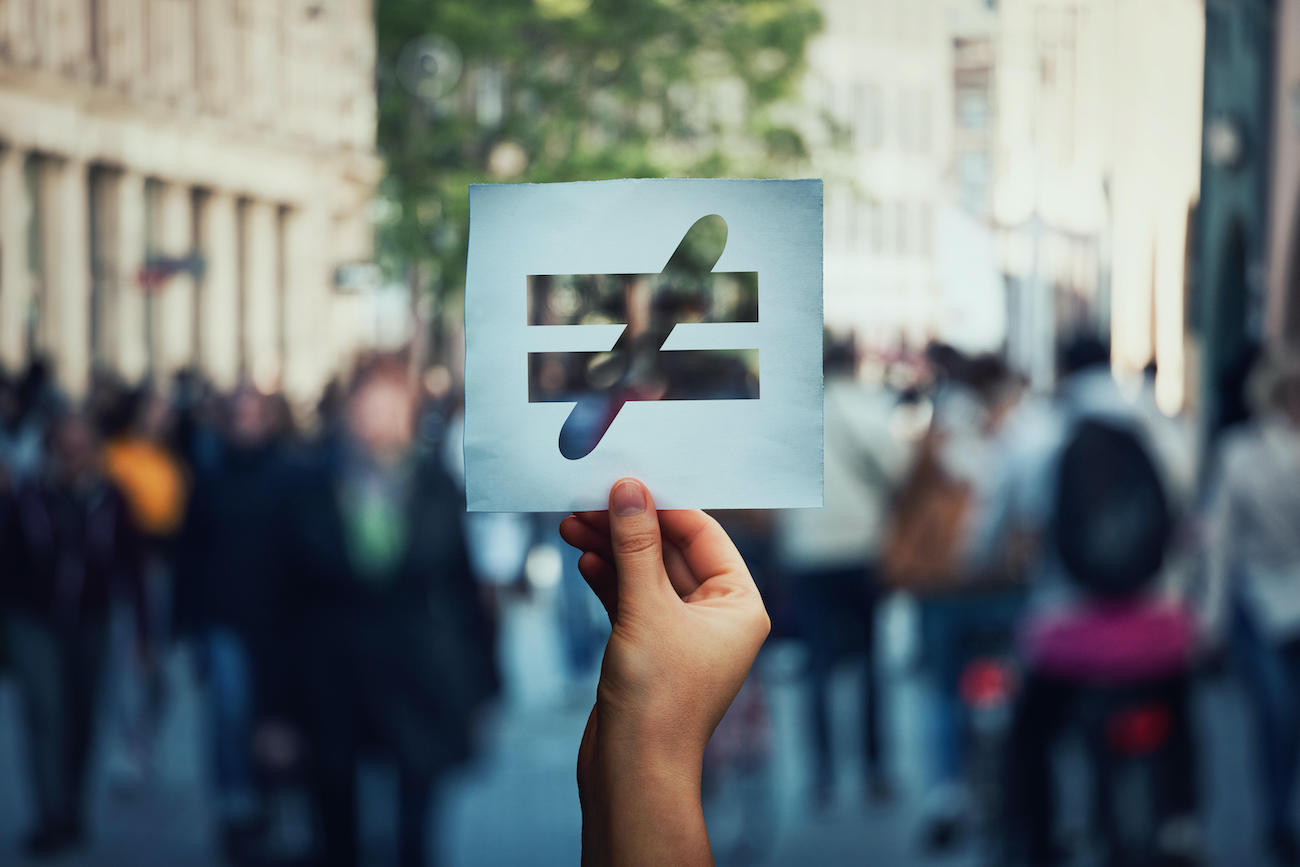Women and people of color are experiencing more cyber threats
The internet has become essential to our work and study, especially with the massive shift to teleworking and virtual courses in the past 18 months. But while more people have to spend time online, data shows that most people don’t feel consistently safe and private doing it – and women and people of color are the most vulnerable to cybercrime, new data shows.
Malwarebytes, Digitunity and the Cybercrime Support Network recently teamed up to produce The Demographics of Cybercrime report, in which experts surveyed 5,000 people in the US, UK and Germany. The results show that some population groups face more different and more frequent cybercrimes than others; In addition, some feel more emotionally charged and more likely to suffer financially after an attack.
A closer look at the results reveals gaps between the gender and race lines, the researchers found. Women had experienced slightly more suspicious online activity over the past three months, had received multiple suspicious text messages, and were twice as likely to report that their identities were stolen as a result of a personal incident.
“While women and men reported similarly high incidence of identity theft, women were twice as likely to say that their identity was likely stolen because their wallet or purse was previously stolen,” said David Ruiz, Malwarebytes’ online privacy officer.
Only 37% of women say they feel safe online compared to 49% of men. Women were more likely to have their social media accounts hacked (46% vs. 37% of men) and women whose social media accounts were hacked were more likely than men (48% vs. 43%) that this attack resulted in someone sending a suspicious message to their friends and family.
Black, indigenous and colored people (BIPOC) feel less safe online than whites, as the survey data shows: 38% of BIPOC respondents say they feel “very safe†and “fairly safe†online, compared with 44% the white user.
The researchers took a closer look at the data and found that some types of suspicious online activity hit BIPOC respondents harder: 45% were hacked on social media accounts, compared to 40% of white consumers. BIPOC is also more likely to have their identity stolen than white respondents (21% versus 15%).
BIPOC are also less likely to avoid the financial impact of cybercrime: 47% said suspicious online activity had no financial impact, compared with 59% of all respondents. Researchers say BIPOC respondents are more likely to receive links via text asking for financial information or compensation (17% versus 12% of white respondents).
Overall, half of all study participants say they don’t feel private online, and 31% don’t feel safe. More than three quarters have received text messages from unknown numbers asking them to click links, and 43% have clicked on phishing scams. More than 40% overall had their social media accounts breached, 29% had their credit card information stolen, and 16% were affected by ransomware.
Income, Education, and the Impact of Cybercrime
Income and education play an important role in the feeling of security and privacy on the Internet, researchers found. “Almost unique to each demographic group analyzed, income levels are more geared towards feelings of security and privacy than any other variable,” they write in a report on their findings.
People with higher incomes (51%) say they feel more secure online than people with lower incomes (40%). The same applies to education: those with the highest level of education feel more secure (48%) than those with a college or university degree (28%) or a high school or secondary school (29%).
However, as income increased, so did the likelihood of credit card information being stolen: 26% of low-income respondents reported this crime, compared with 30% of middle-income respondents and 36% of higher-income respondents. The likelihood of avoiding the financial repercussions of cybercrime also decreased for those with higher incomes: the more money someone made, the more likely that person would lose any amount of that money to an attack.
The researchers found that while high earners lost more money on average to cybercrime, they were understandably less stressed than low earners, who lost less. Money seems to play a major role in how safe and comfortable people feel on the internet, even if they lose money to cybercrime.
“Money plays a huge role in tackling everyday attacks on the Internet,” says Ruiz. “You can lose more money and you still aren’t that stressed. … It’s hard not to conclude that money, or the lack of it, is a huge factor in your online experience. “

